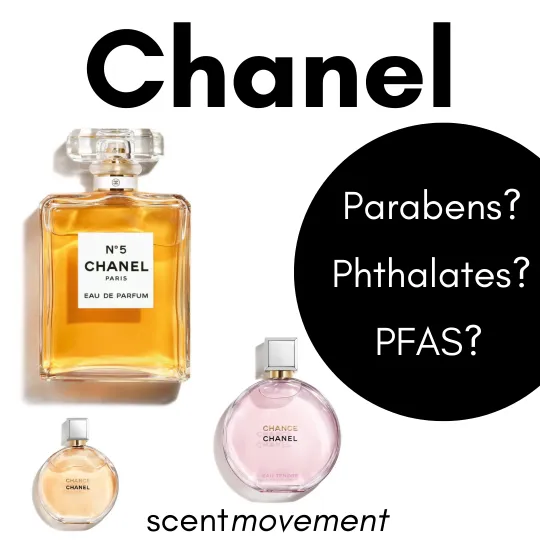
Did you know the story of Chanel perfume began over a century ago, in the glamorous 1920s? The first fragrance, Chanel No. 5, was created in 1921 by Ernest Beaux at the request of Gabrielle Chanel, affectionately known as Coco. Coco desired a scent that would encapsulate her groundbreaking approach to fashion – simple, yet luxurious, elegant, yet bold.
Ernest Beaux, a renowned perfumer, proposed several options, but Coco was instantly drawn to the fifth sample, hence the name Chanel No. 5. The fragrance’s signature component was the innovative use of aldehydes, a synthetic component that adds depth and complexity to a perfume, making it one of the first fragrances to use synthetic materials in combination with natural extracts. Chanel No. 5 went on to become a cultural phenomenon, forever changing the world of perfumery.
The cost of Chanel perfumes varies depending on the specific scent and size of the bottle, typically ranging from $80 to $300+. Limited edition and parfum versions can cost significantly more. Chanel perfumes can be bought from various retailers including Ulta and Sephora.
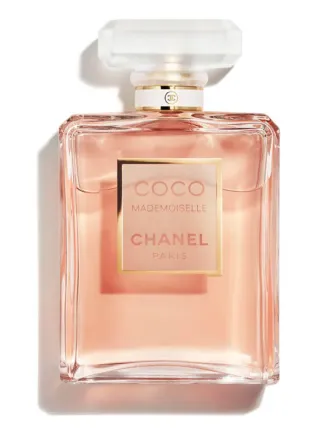
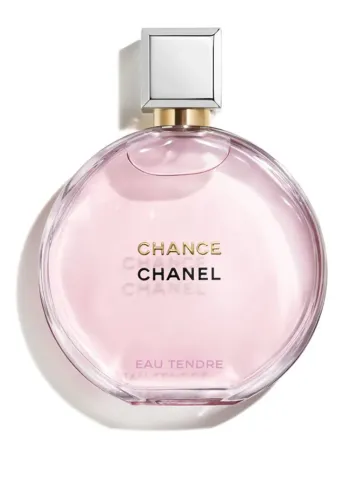
Chanel perfumes have an interesting past filled with intriguing stories. For instance, did you know Marilyn Monroe famously claimed in an interview that all she wore to bed was “a few drops of Chanel No. 5”? Or that Chanel No. 5 was the first perfume to be advertised on TV? Its groundbreaking legacy has solidified Chanel perfumes’ place not only in the fragrance industry but also in pop culture.
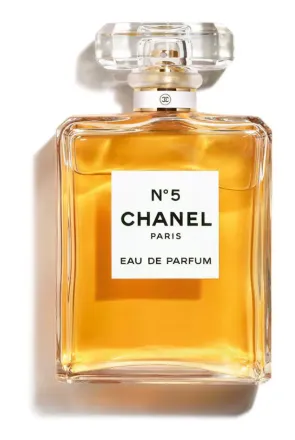
Chanel perfumes are produced by the French fashion house, Chanel S.A., one of the most esteemed names in the luxury goods industry. Established in 1910 by Gabrielle Chanel, the company has expanded its reach from haute couture and ready-to-wear fashion to accessories, makeup, skincare, and, of course, perfumes.
Chanel S.A. remains a privately held company, largely owned by Alain and Gerard Wertheimer, grandsons of Pierre Wertheimer, who was an early business partner of Coco Chanel.
So, what are the most popular Chanel perfumes that have enchanted noses worldwide? Well, let’s name a few:
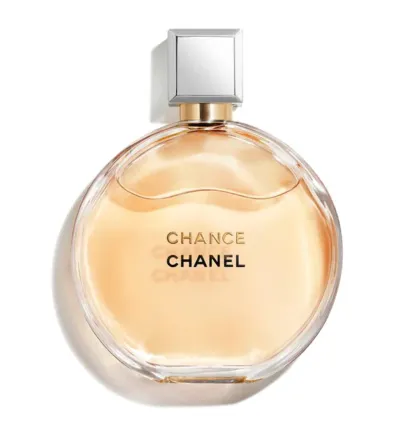
Chanel doesn’t clearly say what’s in their perfumes. If a brand doesn’t say their products are free of parabens, we should guess they aren’t. So, we must assume that Chanel perfumes probably have parabens in them.
Yes, we have to assume Chanel perfumes contain phthalates (since they are not transparent about the ingredients they use).
Yes, we have to assume Chanel perfumes contain PFAS, since they have not made any claims otherwise.
We don’t anticipate Chanel making any improvements to the their perfumes and removing parabens/phthalates/etc.
Since Chanel is a privatley-owned company, they are not required to issue annual financial statements. However, they did issue a “Report to Society” in 2018, that appears to still be relevant, as it’s linked on the bottom of their website.
There was no mention about parabens, phthalates or PFAS. In terms of safety, the focus was on meeting regulation standards (not exceeding them). We did find it interesting that Chanel specifically mentions it employs toxologists, saying Chanel “employs more than 180 scientists, from biologists to ethnobotanists, from chemical analysts to toxicologists, from chemists to process engineers, and from evaluations experts to molecular biologists. “
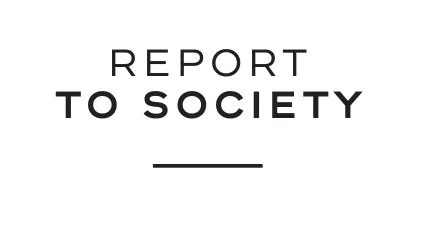
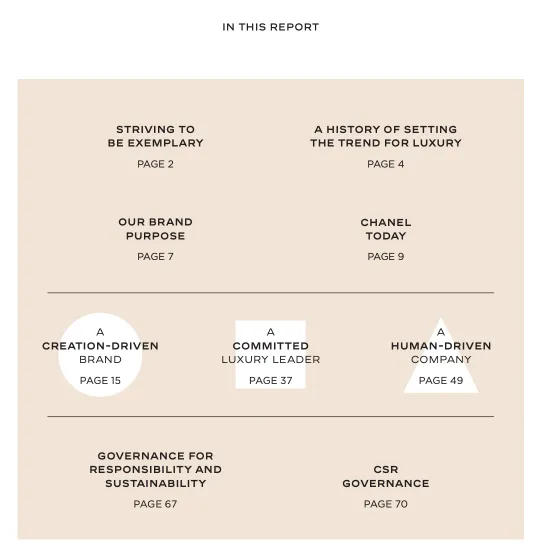
So what can you do? What’s the solution?
You, the buyer, have the ability to influence brands. Your opinion and where you spend your money really matters.
Consider not buying Chanel perfumes. There are loads of other good perfumes out there that don’t use questionable ingredients. Get in touch with Chanel. Send them a letter or a tweet. Let Chanel know you want perfumes with clear ingredient lists. Let them know you want perfumes free of harmful chemicals like phthalates, parabens, PFAS, and so on.
We don’t recommend Chanel perfumes. Chanel is not transparent about what ingredients they use in their perfumes. Chanel does not meet the “Clean at Sephora” or Ulta’s “Clean” standards, which both prohibit such ingredients. Therefore, we have to assume Chanel perfumes contain parabens, phthalates and PFAS. These ingredients have concerning health implications (more on that here).
There are tons of perfumes on the market that don’t contain concerning ingredients – and these are the perfumes we use and recommend.
As consumers are becoming aware of the concerning ingredients in perfumes, many consumers are actively searching out better, safer perfumes. This is more than a passing trend. This is where the perfume industry is headed. Here at scentmovement, we’re here to promote this movement – browse around our site if you’re looking for perfume recommendations, reviews or dupes!
Looking for a dupe for Chanel Chance Eau Tendre? Look no further!
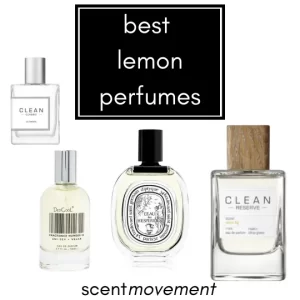
Lemon-scented perfumes give you a zesty pep in your step and make every day feel like a sunny, fun-filled adventure! Here’s the best lemon perfumes!
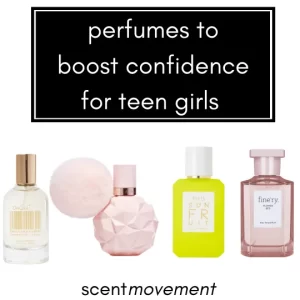
If you’re looking to boost your teen’s confidence, check out these perfumes.